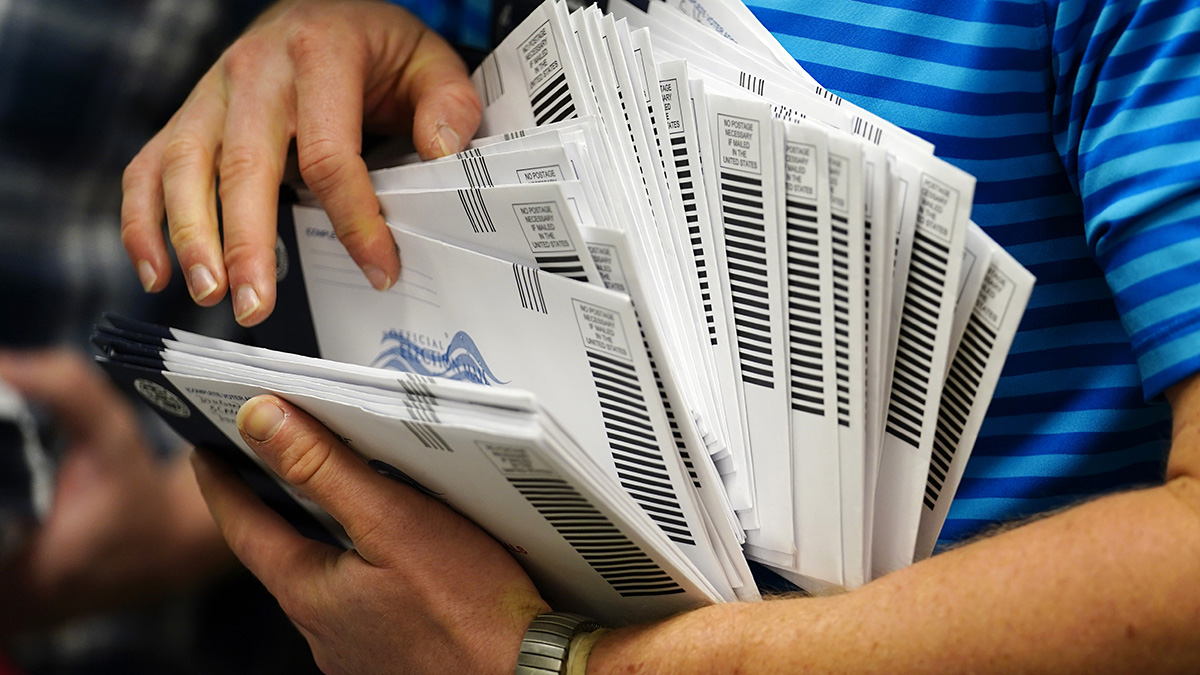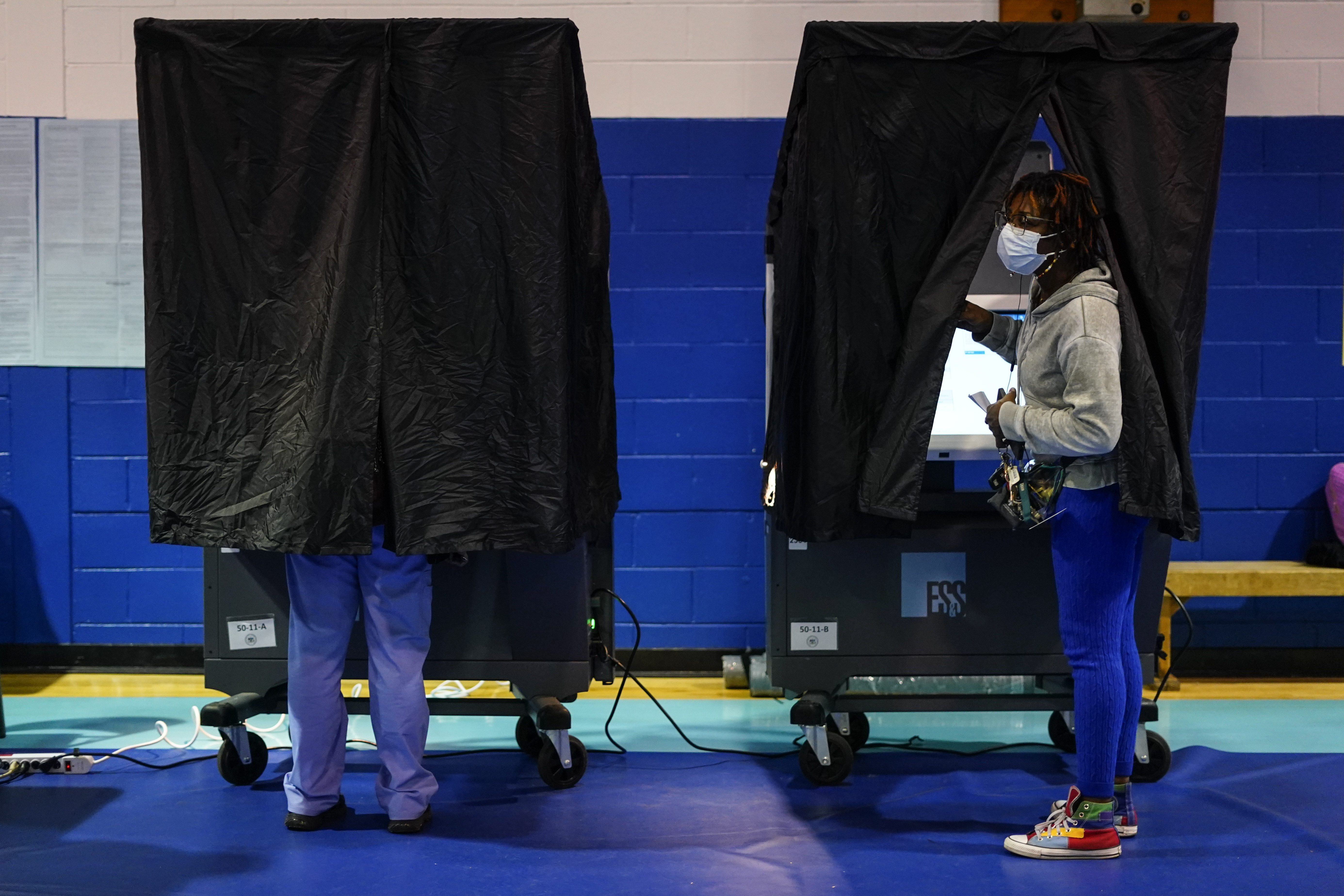Primary season is upon us.
While millions of Americans are expected to take part in selecting their party's candidate for the general election, a very large group of potential voters will not be allowed to participate in this process.
Can 17-year-olds register to vote?
Yes, and no. It all boils down to where they live.
In all states, residents can register to vote in November's general election if they'll be 18 by that time.
But many are also eligible to vote in their state's primary elections.
Nearly half of the U.S. states allow virtually any 17-year-old to vote in the primaries, but only if they will turn 18 by the time the general election rolls by.
You can learn more about which states allow 17-year-olds to register to vote here.
The most recent state to approve such a change to the voting age is New Jersey, but the new law won't take effect until 2026.
And as we get closer to the general election, the American Civil Liberties Union estimates about 350,000 American teens will turn 18 each month of 2024, which equals to around 3,850,000 potential new voters.
Feeling out of the loop? We'll catch you up on the Chicago news you need to know. Sign up for the weekly> Chicago Catch-Up newsletter.
That includes teens in Texas, who may be passionate about border security, or high school grads in Georgia, concerned about rising sea levels.
Does 17-year-olds pre-registering to vote impact elections?
And while nearly 4 million teenagers are unlikely to change the outcome of a presidential election, where around 158.4 million people voted in 2020, the effects of not allowing them to engage early in our electoral process will be felt far beyond this election too.
That is because according to research, voting is habit-forming and once individuals cast their first ballot, they're likely to remain lifelong voters.
Watch the video above to learn more.



